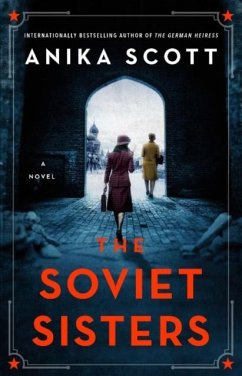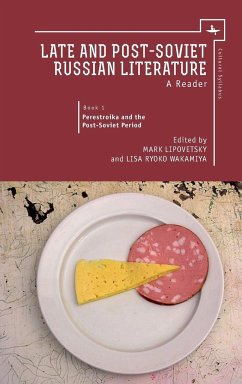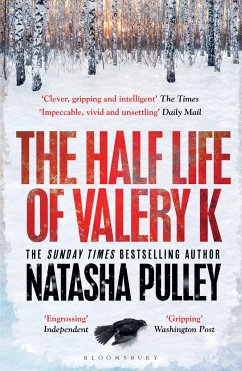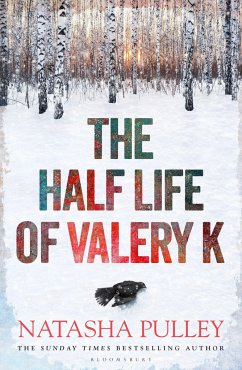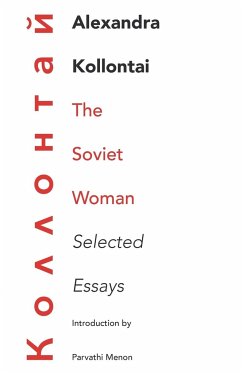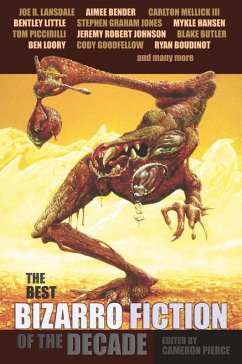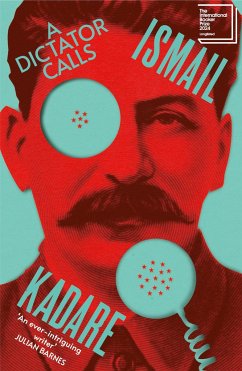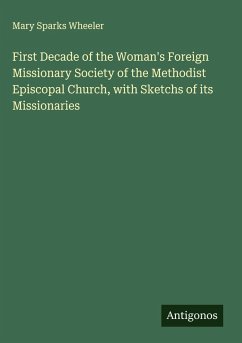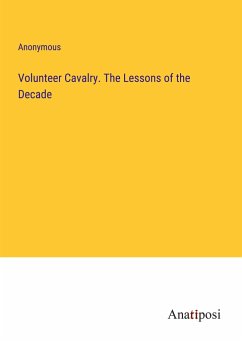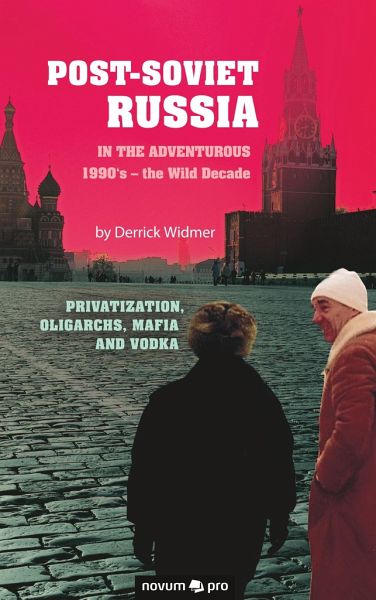
Post-Soviet Russia in the adventurous 1990's - the Wild Decade
Privatization, Oligarchs, Mafia and Vodka

PAYBACK Punkte
0 °P sammeln!
Derrick Widmer together with his assistant travelled to Moscow 15 months after the downfall of the Soviet Union in December 1991 at the invitation of the Russian Alfa Investment Fond. The political and economic climate is shattered, the population impoverished and in transition: The dramatic liberalization of prizes and the privatization of the state-owned enterprises was perceived as a shock-therapy. This was done via auctions where vouchers were being changed into shares. The vouchers were given for free to the population, whereby the former Red Directors received much more vouchers than nor...
Derrick Widmer together with his assistant travelled to Moscow 15 months after the downfall of the Soviet Union in December 1991 at the invitation of the Russian Alfa Investment Fond. The political and economic climate is shattered, the population impoverished and in transition: The dramatic liberalization of prizes and the privatization of the state-owned enterprises was perceived as a shock-therapy. This was done via auctions where vouchers were being changed into shares. The vouchers were given for free to the population, whereby the former Red Directors received much more vouchers than normal citizens which eventually led to the rise of the oligarchs. In the 1990's Russia went through an enormous economic, social and political transition.
For fearless Businessmen ("Bisnessmeni") to make a bonanza required good relations with powerful politicians, members of the secret service and contacts with organized crime. A package of shares had sometimes more value than human lives. The country verged on anarchy and collapse. Laws were meaningless, might made right and wealth walked hand in hand with death. Derrick Widmer experienced these wild years of the Post-Soviet Russia as a contemporary witness. In his book he gives fascinating insights in encounters with famous politicians, oligarchs, bankers and lawyers. He perceived Russia after the cold war no more as enemy but as friend and based on his experience he developed a better understanding for the large complex country, Russian thinking and the Russian soul.
For fearless Businessmen ("Bisnessmeni") to make a bonanza required good relations with powerful politicians, members of the secret service and contacts with organized crime. A package of shares had sometimes more value than human lives. The country verged on anarchy and collapse. Laws were meaningless, might made right and wealth walked hand in hand with death. Derrick Widmer experienced these wild years of the Post-Soviet Russia as a contemporary witness. In his book he gives fascinating insights in encounters with famous politicians, oligarchs, bankers and lawyers. He perceived Russia after the cold war no more as enemy but as friend and based on his experience he developed a better understanding for the large complex country, Russian thinking and the Russian soul.




